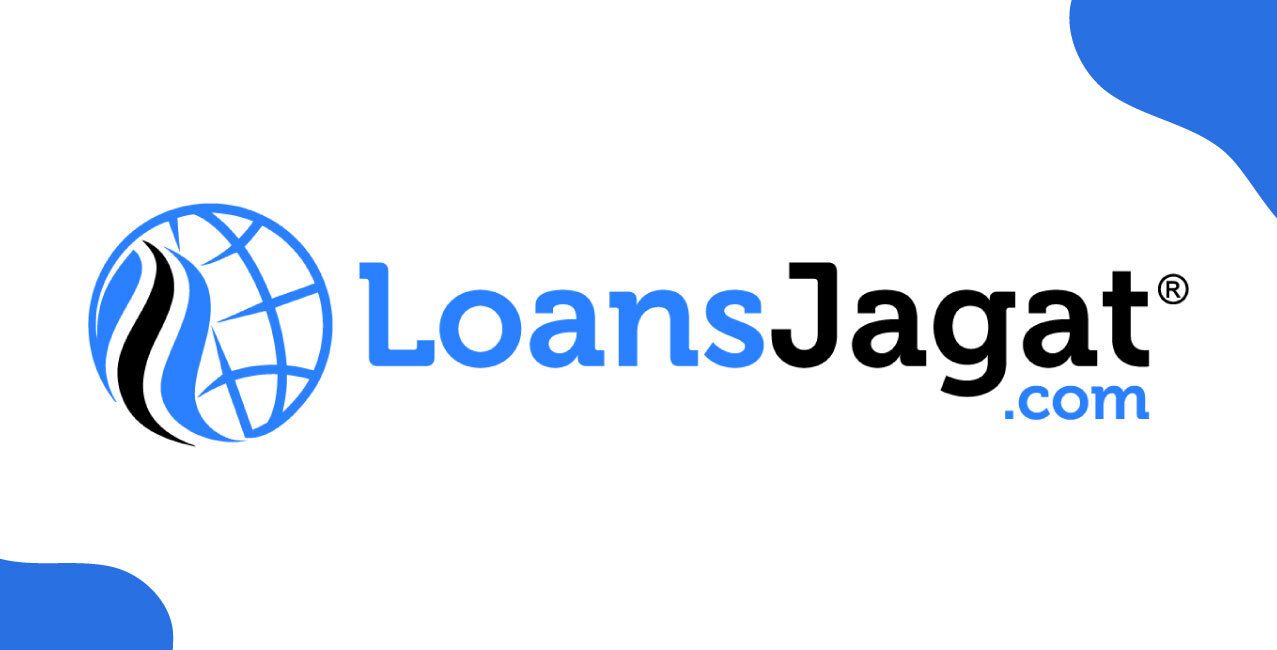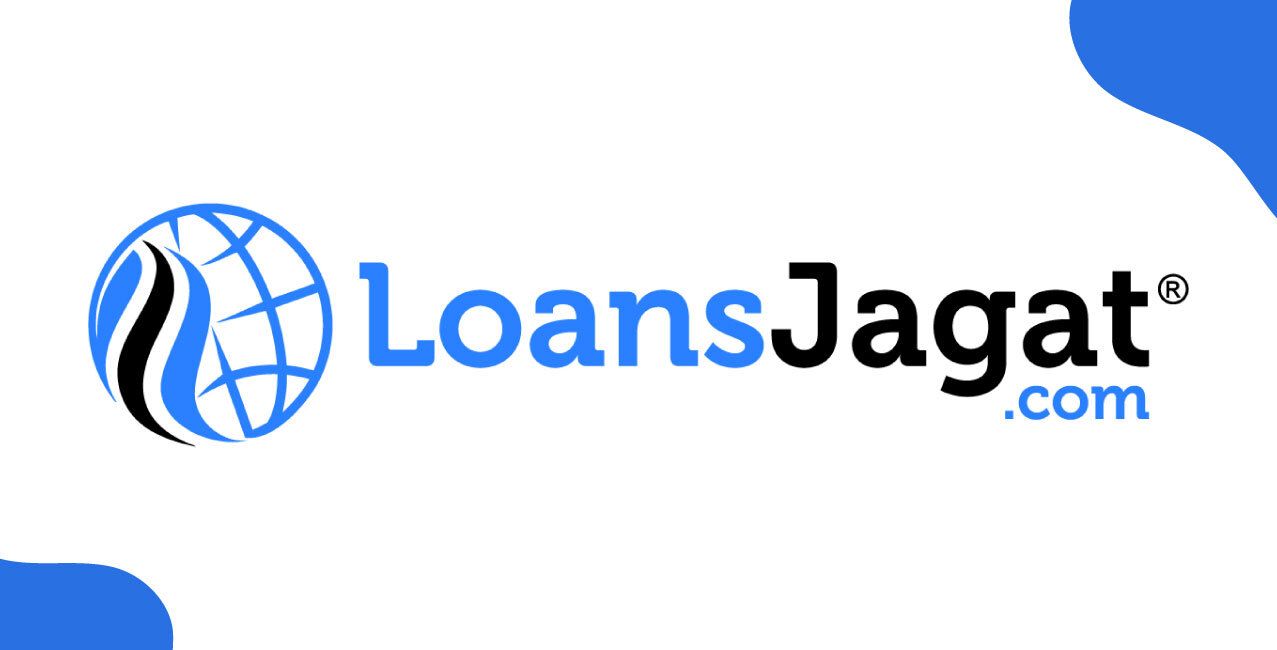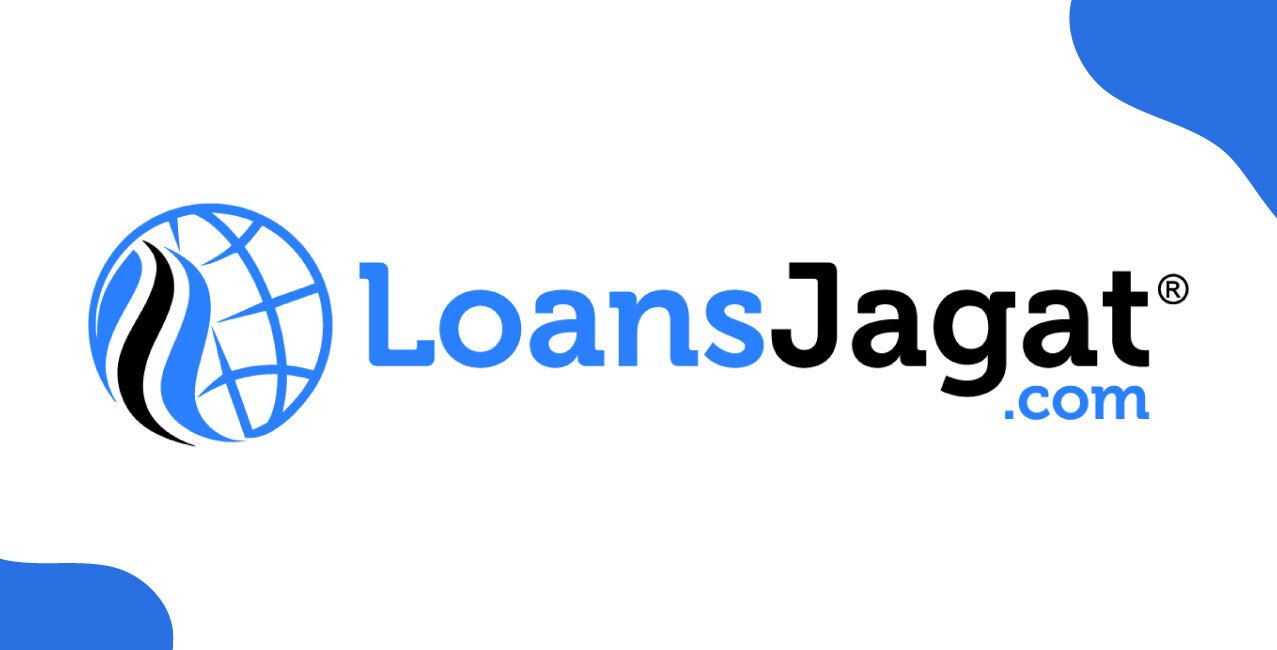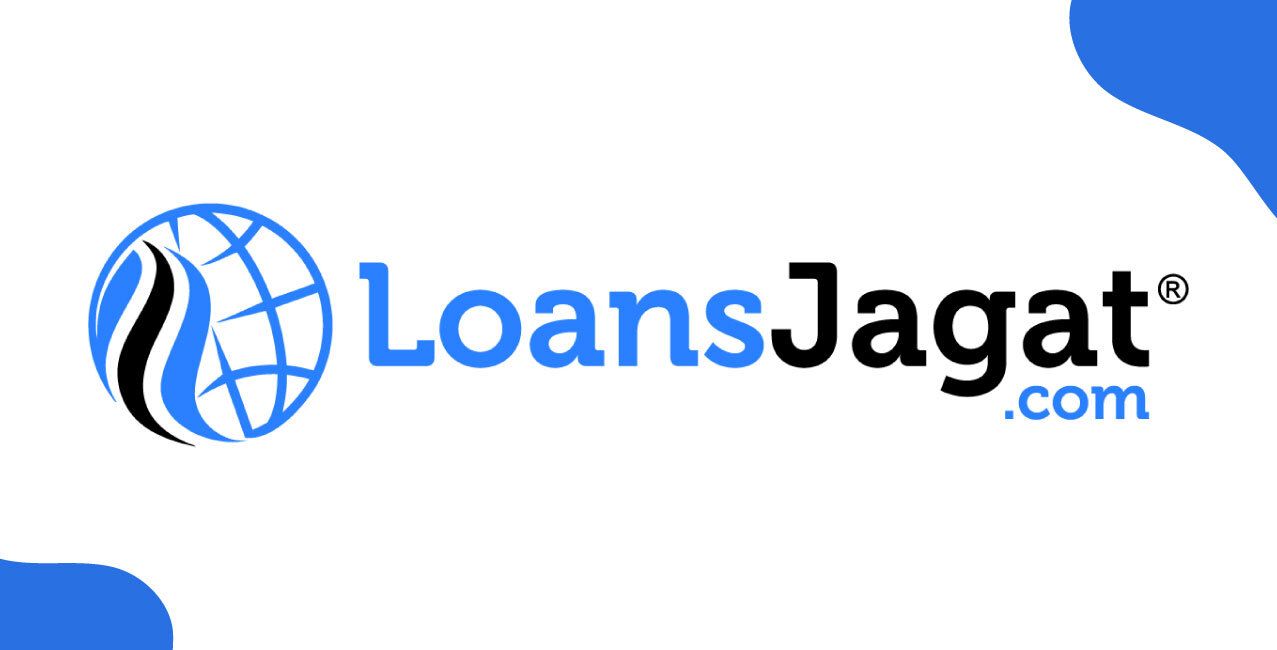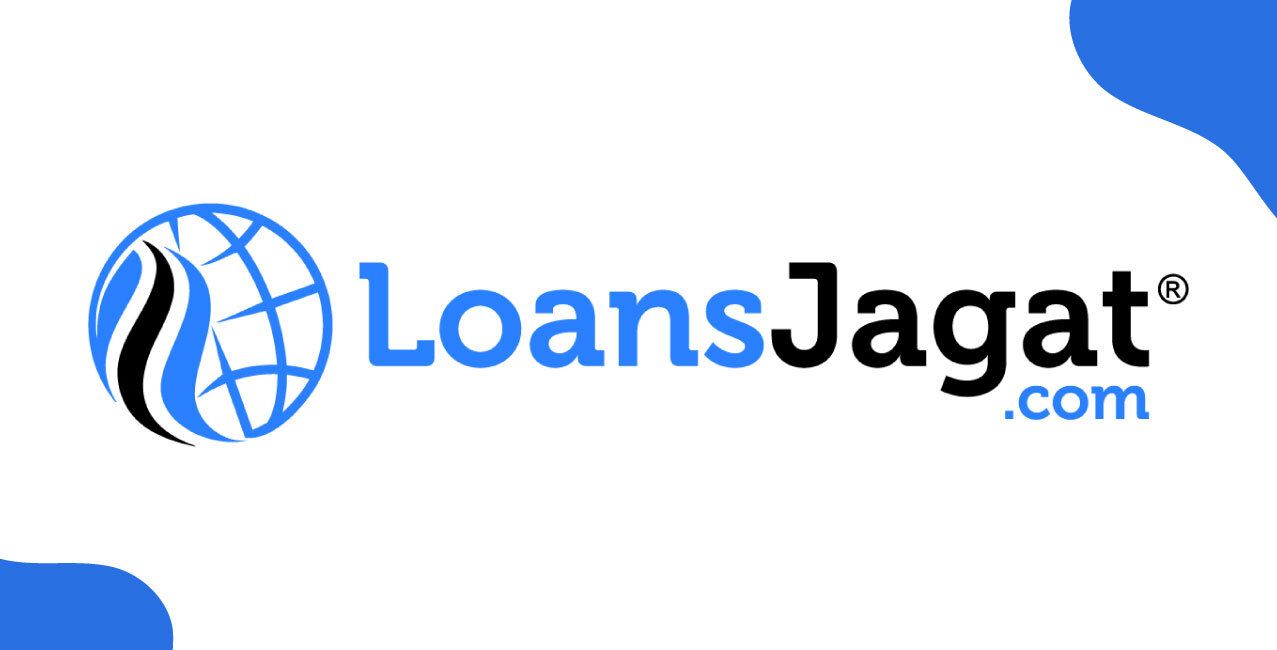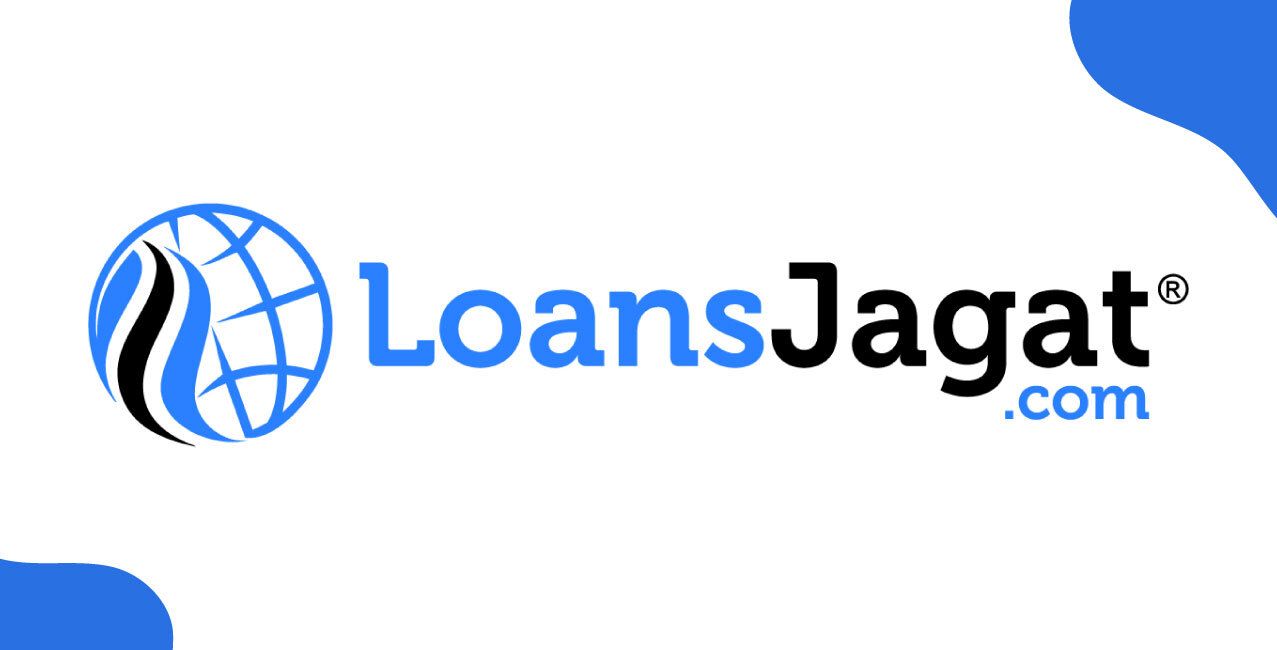What is a Current Account? Features, Benefits & Bank Charges

Check Your Loan Eligibility Now
By continuing, you agree to LoansJagat's Credit Report Terms of Use, Terms and Conditions, Privacy Policy, and authorize contact via Call, SMS, Email, or WhatsApp
A current account refers to a bank account given to those businesses and traders who have frequent transactions to make. It assists in the efficient operations of daily deposits, withdrawals, and payments.
Example:
Aman has a small-scale business, which deals in electronics items (net worth ₹5,00,000). Opening a current account, he does so with the aim of:
- Deposit daily sales money.
- Pay suppliers and employees easily.
- Withdraw cash when needed.
- Issue cheques for business expenses.
Current Account Features:
This table shows the current account features, which help you understand how many people use it in our business.
Aman pays his bills, handles sales, and maintains the smooth operation of his company because he uses a current account.
This blog will discuss the importance of current accounts for businesses, their main advantages, and how to pick the best one. Let's get started!
Read More – What Is a Savings Account? Features, Benefits & How It Works
Features of a Current Account
A current account is a banking account which is used by businesses or for high-frequency transactions. It enables the management of money deposits, withdrawals, and payments easily in unlimited numbers.
For example:
Aman is the owner of a small grocery store whose daily sales are ₹5,000. He opens a current account in which he can run the money of his business smoothly.
Here’s how Aman benefits from his current account:
The current account of Aman helps him to operate his store without worrying about the bank limit or cash flow. It makes his business finances flexible and structured.
Benefits of a Current Account
A current account helps companies in managing their day-to-day business money transactions. It suits best shop owners and traders as well as companies that frequently engage in payments.
Example:
Aman owns a stationery store that has a ₹10,000 sale per day. To control the finances of his business better, he opened a current account.
Here’s why Aman finds his current account useful:
Aman’s current account makes his business work better. It is time-saving, flexible, and allows him to expand his shop without financial issues.
Common Bank Charges for Current Accounts
A current account simplifies business banking, although fees are associated with some services purchased in the bank. Being familiar with these charges will enable business owners such as Aman to control costs.
Example:
Aman has a stationery shop and uses his current account daily. He noticed various bank charges that affected his business expenses.
Aman monitors such expenses to avoid wastage. Although fees are inevitable in the banking sector, he will select them intelligently to save his business some amount of money.
How to Choose the Right Current Account?
It is worthwhile choosing a suitable current account even for business owners such as Aman. An effective account is cost-effective and simplifies day-to-day banking.
Also Read - HDFC Bank Current Account – Features, Benefits & Application Guide
Example:
Aman is a stationery shop owner and one who requires a current account that suits his expanding business. This is how he selected the most appropriate one.
This table shows a comparison between Axis Bank vs ICICI ( how ICICI bank is more beneficial for Aman.
Why Aman Chose ICICI Bank:
- Lower Fees: Saves ₹250 per month vs. Axis (if balance stays above ₹25,000).
- No Transaction Limits: Deposit sales cash daily without extra charges.
- Better App: Pays suppliers via UPI instantly using iMobile Pay.
- Overdraft Safety Net: Gets ₹2,00,000 emergency funds at a lower interest.
Aman also checked HDFC Bank, but its fees were higher (₹1,500 per month). For his small shop, ICICI worked best. His daily business requirements were to pay low fees, have easy access, and have features that he wanted. This can save him money and time in running his shop.
Conclusion
A current account simplifies banking for small business owners like Aman, who owns a stationery store. He has no transaction limits when it comes to managing expenses, paying suppliers, and depositing daily sales. Online banking saves time, and the overdraft facility is helpful when funds are tight.
Even though banks have fees, Aman was able to locate one that was both affordable and provided good service. He selected an account with dependable customer service, an easy-to-use app, and branches close by.
Aman now manages the finances of his store with ease and spends less time on banking complications thanks to the appropriate current account. This enables him to concentrate on what counts, expanding his company.
FAQs
Why do I need a current account for my business?
It helps you handle frequent transactions, pay suppliers easily, and access extra funds during cash shortages. Perfect for shop owners like Aman!
Can I open a current account online?
Yes! Most banks let you start the process online, but you may need to visit a branch with documents to complete it.
What documents are needed to open one?
You’ll need your business proof (GST, license), ID (Aadhaar, PAN), and address proof. Banks list exact requirements on their websites.
Are there monthly fees?
Yes, but many banks waive fees if you maintain a minimum balance (like ₹25,000). Compare banks to find low-cost options.
What’s an overdraft?
It’s a short-term loan from your bank when your balance is low. Useful for emergencies, but interest applies.
How many transactions can I make?
Unlimited! Unlike savings accounts, current accounts don’t restrict deposits/withdrawals.
Is my money safe in a current account?
Absolutely! Banks insure deposits up to ₹5,00,000 (via DICGC). Always choose an RBI-approved bank.
Can I get a debit card/chequebook?
Yes! Most banks provide free chequebooks and debit cards for business expenses.
What if I need help with my account?
Banks offer customer support via phone, chat, or branch visits. Aman prefers ICICI for its quick service!
Other Informative Pages | |||
About the author

LoansJagat Team
Contributor‘Simplify Finance for Everyone.’ This is the common goal of our team, as we try to explain any topic with relatable examples. From personal to business finance, managing EMIs to becoming debt-free, we do extensive research on each and every parameter, so you don’t have to. Scroll up and have a look at what 15+ years of experience in the BFSI sector looks like.
Subscribe Now
Related Blog Post
Recent Blogs
All Topics
Contents
Quick Apply Loan
Consolidate your debts into one easy EMI.
Takes less than 2 minutes. No paperwork.
10 Lakhs+
Trusted Customers
2000 Cr+
Loans Disbursed
4.7/5
Google Reviews
20+
Banks & NBFCs Offers
Other services mentioned in this article



